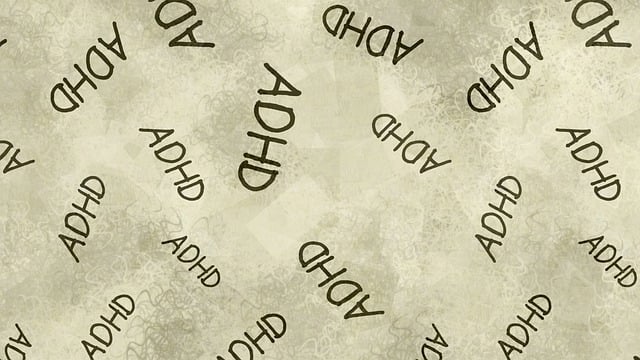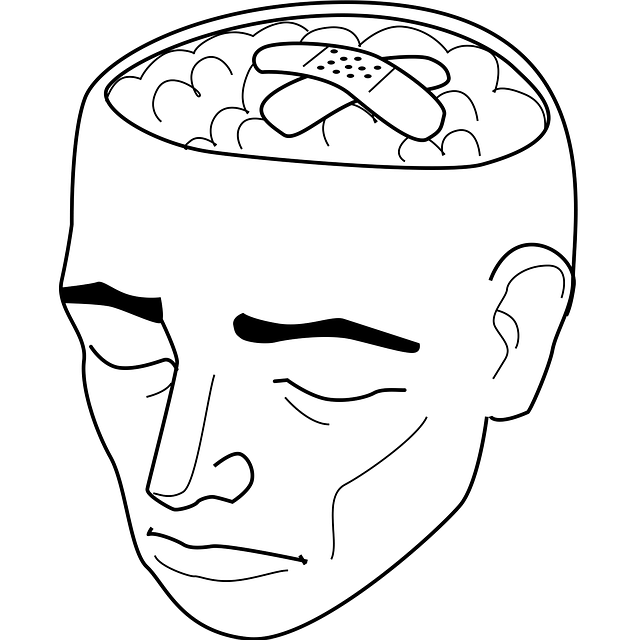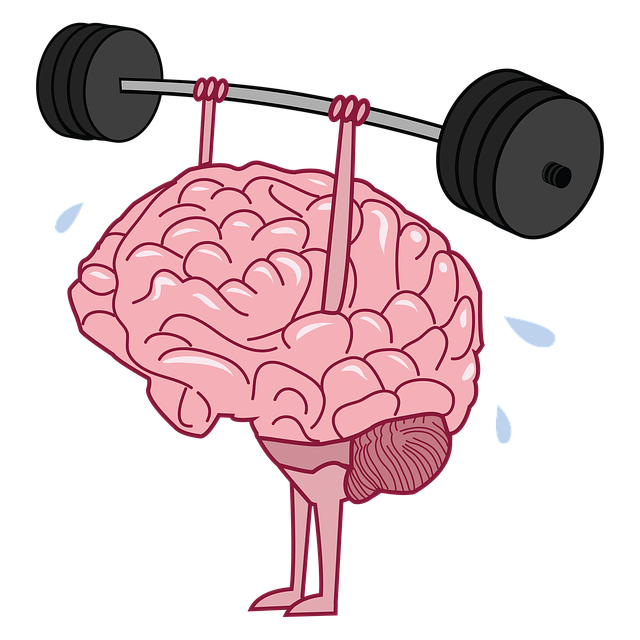Mental health issues among young adults are rising due to academic pressures, social expectations, and identity formation challenges. Accessing appropriate therapy, including adolescent and teen counseling, is vital for managing stress, anxiety, and first-time mental health conditions. Advocacy groups play a crucial role in improving access to therapy for young adults by influencing policy, increasing funding for evidence-based treatments, and promoting early intervention. Tailored strategies for adolescents include integrated therapy sessions, CBT for stress reduction, confidence-boosting activities, and family involvement.
Mental health advocacy plays a pivotal role in ensuring young adults, adolescents, and teens receive the therapy they deserve. This article delves into the pressing mental health challenges faced by these demographics, highlighting the transformative power of advocacy in increasing access to crucial therapy services. We explore effective strategies for supporting young minds, focusing on innovative approaches that foster resilience and overall well-being. By understanding these issues, we can create a more inclusive and supportive environment for those seeking therapy.
- Understanding Mental Health Challenges Among Young Adults
- The Role of Advocacy in Promoting Access to Therapy
- Effective Strategies for Supporting Adolescents and Teens
Understanding Mental Health Challenges Among Young Adults

Mental health issues among young adults have become an increasingly pressing concern, with a growing awareness of the unique challenges they face in today’s fast-paced world. This demographic often struggles with navigating academic pressures, social expectations, and identity formation, which can contribute to heightened stress and anxiety levels. Many young people may also be experiencing their first encounters with mental health conditions, such as depression, bipolar disorder, or anxiety disorders, requiring appropriate therapy for young adults, including adolescent and teen counseling services.
The quest for inner strength development is a crucial aspect of addressing these challenges. Encouraging young adults to seek therapy and support can foster resilience and healthy coping mechanisms. Additionally, healthcare providers must be equipped with burnout prevention strategies to effectively support this vulnerable population. This includes ensuring accessible trauma support services, as many young individuals may have experienced or witnessed traumatic events that impact their mental well-being.
The Role of Advocacy in Promoting Access to Therapy

Advocacy plays a pivotal role in promoting access to therapy for young adults, adolescents, and teens. By championing mental health issues, advocacy groups can shape public policy and increase funding for evidence-based treatments. They also raise awareness about the importance of early intervention, which is crucial in preventing more severe mental health crises later in life. For instance, a robust Mental Health Policy Analysis and Advocacy effort can ensure that healthcare systems are designed to cater to the unique needs of young people, incorporating initiatives like school-based counseling services and peer support programs.
Moreover, advocacy groups often push for improvements in cultural sensitivity within mental healthcare practice. This involves educating professionals on the impact of societal norms and stereotypes on youth mental health and encouraging practices that respect diversity and promote Self-Esteem Improvement. By fostering an environment where young adults feel understood and supported, these efforts can significantly enhance their willingness to seek therapy when needed.
Effective Strategies for Supporting Adolescents and Teens

Mental health advocacy initiatives often target adolescents and teens, a critical period for shaping young minds. Effective strategies for supporting this demographic involve integrating therapy for young adults tailored to their unique needs. Individual and group therapy sessions can create safe spaces for teens to express their feelings, fostering better emotional awareness and inner strength development. Cognitive behavioral therapy (CBT) is particularly effective in teaching adolescents stress reduction methods that help them navigate the pressures of school, social dynamics, and self-image concerns.
By incorporating confidence boosting activities and techniques, these initiatives empower teens to challenge negative thought patterns and build resilience. In addition, family involvement can significantly enhance the impact of therapy by providing a supportive network at home. This holistic approach ensures that adolescents receive the comprehensive care they need to thrive and maintain good mental health as they grow into adulthood.
Mental health advocacy plays a pivotal role in ensuring that young adults, adolescents, and teens receive the therapy they need. By understanding the unique challenges these groups face, we can foster inclusive systems that promote well-being. Advocacy initiatives must continue to push for better access to mental health services, implementing effective strategies that support young individuals. Through collective efforts, we can create a landscape where therapy is accessible and stigmatization wanes, ultimately enhancing the overall mental health and resilience of our youth.








